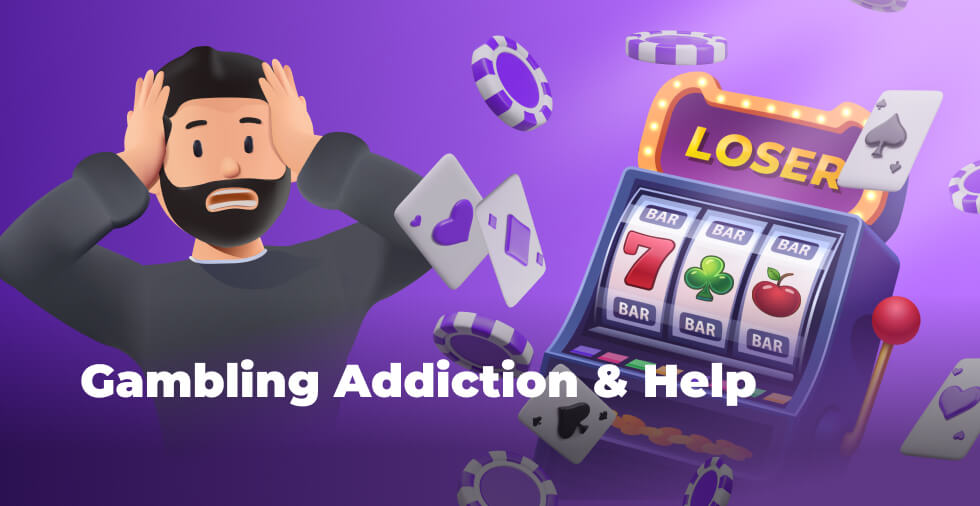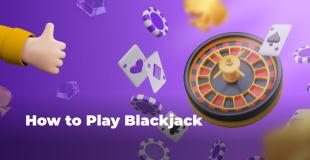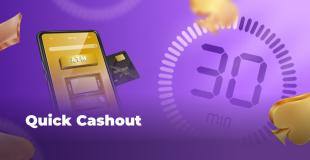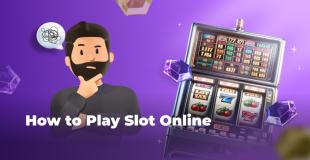In this article, we’ll dive into the complexities of gambling addiction, exploring its root causes, identifying red flags, and outlining the path to recovery for those ready to take back control.
What is Gambling Addiction?
Gambling addiction is a compulsive disorder where the urge to gamble takes control, even when it causes harm. What starts as a thrill quickly becomes an uncontrollable habit, with every bet feeding the urge for more.
It stems from the brain’s reward system, which becomes addicted to the excitement of risk and the potential for winning. Over time, this compulsion overrides rational thinking, driving individuals to continue gambling despite losses and negative impacts on their lives.
The disorder can lead to financial ruin, damaged relationships, and increased stress, making it a complex issue that requires professional treatment and strong support systems to overcome.
Did you know? If you have a mental health condition, you're 17 times more likely to face gambling addiction. The strong link between the two makes early intervention critical!
Gambling for Fun vs. Gambling Addiction: Where’s the Line?
When someone enjoys gambling, it’s a light-hearted activity. They play for entertainment, set clear limits on time and money, and are able to walk away without a second thought. There’s no pressure to win, and losing isn’t a big deal—it’s all part of the experience.
But when gambling turns into an addiction, things change. Gambling disorder isn’t just about having fun anymore; it becomes a need. Someone with this condition can’t stop even when they know it's causing harm. They start chasing losses, gambling with money they don’t have, and it takes over their life—impacting relationships, work, and finances. The thrill of the game fades, replaced by a compulsive drive to keep betting, no matter the cost.
The difference is clear: one is a form of entertainment, while the other is a relentless, destructive cycle. Knowing where to draw the line is key to keeping gambling fun and safe.
| Aspect | Gambling for Fun | Gambling Addiction |
|---|---|---|
| Mindset | Playful and controlled, focused on entertainment. | Compulsive and driven by need, not just fun. |
| Frequency | Occasional, within set time limits. | Frequent or binge sessions, often uncontrollable. |
| Financial Impact | Gambles within their means, losses are planned. | Gambles with money they can’t afford to lose. |
| Emotional Response | Enjoys the game, accepts losses without stress. | Anxiety, frustration, and stress over losses. |
| Ability to Stop | Can stop at any time, no urge to continue. | Feels unable to stop, even when aware of the harm. |
| Consequences | No significant impact on personal or financial life. | Severe damage to relationships, work, and finances. |
Who’s Most at Risk?
Gambling addiction can develop in anyone, but some people are more prone to it than others. Here are the key risk factors:
👫 Gender: Men are generally at higher risk for gambling addiction, particularly with strategic forms like sports betting or poker. Women, however, often lean toward games of chance, such as slots or bingo. The gap between genders is narrowing as gambling becomes more accessible to everyone.
📅 Age: Younger individuals, especially college students, have a higher likelihood of developing gambling issues. Studies suggest that around 2-7% of youth may experience gambling problems, with many addictions starting in adolescence or early adulthood.
👨👩👧👦 Family History: Genetics and family influence play a significant role. Individuals with a family history of gambling addiction are more likely to develop similar habits, with studies indicating a nearly equal influence of genetic and environmental factors.
🧠 Mental Health and Co-occurring Disorders: Those dealing with conditions like depression, ADHD, or substance abuse are at increased risk. Gambling may serve as an escape for some, while psychiatric conditions intensify the likelihood of developing addictive behaviors.
🧩 Personality Traits: People with high levels of competitiveness, thrill-seeking tendencies, or a quick boredom threshold may be more drawn to gambling. Such traits can lead to riskier gambling behavior, which can escalate over time.
Recognizing these risk factors provides valuable insight into who may be more vulnerable to gambling addiction, aiding in early intervention and support.
The Many Faces of Gambling Addiction
Gambling addiction isn't a one-size-fits-all problem—it shows up in different forms, each with unique patterns and triggers. Understanding these variations is key to recognizing when gambling becomes harmful.
Compulsive Gambling: The Urge You Can’t Shake
Compulsive gambling is all-consuming. Once a person falls into this cycle, the need to gamble becomes overpowering, often with devastating results. They’re driven by an unshakable belief that the next win is right around the corner. Here are the red flags:
All-or-Nothing Mindset: Constantly chasing losses, convinced that just one more bet will fix everything.
Neglect of Responsibilities: Gambling takes priority over work, family, and relationships.
Financial Destruction: Often leads to severe debt, borrowing money, or selling possessions to fund the addiction.
Binge Gambling: The Quiet Danger
Binge gambling is sneaky. It doesn’t follow a steady pattern, which makes it easy for people to dismiss or hide. Binge gamblers may go weeks or even months without placing a bet, but when they do, it’s explosive and reckless. Key traits include:
Long Periods of Control: They seem fine most of the time, but it’s only a matter of when—not if—they’ll gamble again.
High-Intensity Gambling: Once they start, they don’t stop, pouring large sums into a single session.
Denial: Because they’re not gambling constantly, binge gamblers often convince themselves—and others—that they don’t have a problem.
Problem Gambling: The Slow Burn
Problem gambling is the subtle middle ground. It doesn’t dominate every moment, but it causes enough harm to disrupt daily life. This type of gambling creeps into regular routines, gradually leading to bigger bets and greater risks. Watch for signs like:
Frequent, Low-Level Gambling: It might start small, but the frequency steadily increases.
Financial Strain: Gambling is starting to impact their budget, though they may still be able to keep up appearances.
Neglect of Daily Responsibilities: Skipping bills, missing work, or avoiding social commitments to make time for gambling.
Each type of gambling addiction is unique, but they all share a common thread—if left unchecked, they can spiral out of control.
How to Spot the Signs Gambling Addiction
If you’re wondering whether gambling has become more than just a pastime, certain warning signs can reveal when it’s time to take a closer look. Here are the telltale indicators:
🎲 Raising the Stakes: If you find yourself betting more and more to feel the same rush, needing higher stakes just to feel excited, it could be a sign gambling is starting to take over.
💸 Can’t Cut Back: Feeling anxious or irritable when you try to cut back? If attempts to quit or reduce gambling lead to restlessness, it’s often a red flag.
🤔 Constantly Thinking About It: Are thoughts of gambling taking up a lot of your mental space? If planning the next game, replaying past bets, or figuring out how to get more money for gambling is becoming a frequent habit, it’s worth paying attention.
😞 Gambling as an Escape: Using gambling as a way to cope with feelings like stress, guilt, or frustration can easily turn into a harmful cycle, leading you to gamble more in tough moments.
🎯 Chasing Losses: Going back with the hope of winning back what’s been lost, even after a big loss, is a risky behavior that often keeps people stuck in a losing loop.
🤫 Hiding It from Others: If you’ve found yourself downplaying how much you gamble or hiding it from friends and family, it’s a sign that gambling is creating problems you don’t want others to see.
🔗 Damaging Relationships and Responsibilities: Has gambling started to affect work, relationships, or financial stability? If debts are piling up, or you’re risking important aspects of life to keep gambling, it’s time to take action.
Recognizing these signs is the first step toward regaining control. Admitting there’s an issue might feel tough, but it opens the door to support and solutions.
The Hidden Costs of Problem Gambling
While gambling can be an enjoyable pastime for many, it has a darker side that can take a serious toll on finances, relationships, mental health, and more when it spirals out of control. Here’s a closer look at the real impacts of problem gambling.
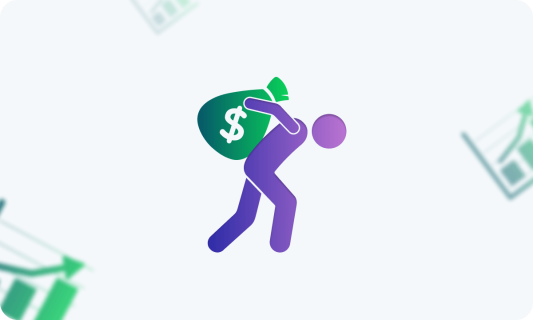
Financial Strain
For those caught up in problem gambling, financial trouble often hits first and hardest. Chasing losses can lead to borrowing money, maxing out credit cards, and even dipping into savings. Over time, debt can pile up quickly, leaving individuals facing overwhelming financial burdens and even risking their long-term stability. The result? A cycle that’s hard to break and even harder to escape.
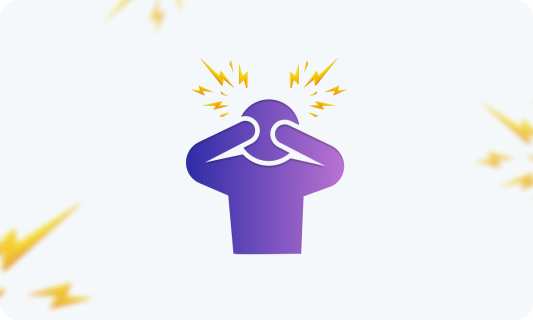
Mental Health Struggles
Problem gambling doesn’t just impact the wallet; it can also hit mental health hard. Feelings of guilt, anxiety, and depression often set in, especially as debts grow or the reality of addiction starts to sink in. Many people find themselves stuck in a pattern that feels impossible to break, leading to mood swings, stress, and, in some cases, thoughts of self-harm. It’s a heavy toll that can make day-to-day life a real struggle.
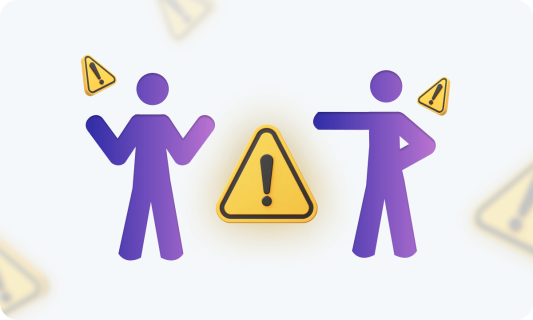
Strained Relationships
The ripple effects of gambling addiction often reach loved ones, too. Financial secrecy, lying, and constant worry create tension and break down trust in relationships with family and friends. Those closest may feel hurt, betrayed, or stressed by the added financial pressures and emotional strain. Over time, this can lead to broken relationships, family conflicts, or even separation as trust becomes harder to repair.

Career Challenges
When gambling takes over, it’s easy for work to suffer. Distraction, preoccupation, and increased stress can all take a toll on productivity, leading to missed deadlines or poor performance. In some cases, gambling addiction can even jeopardize employment if job duties are neglected or mistakes increase. This can further impact financial health, making recovery even more challenging.
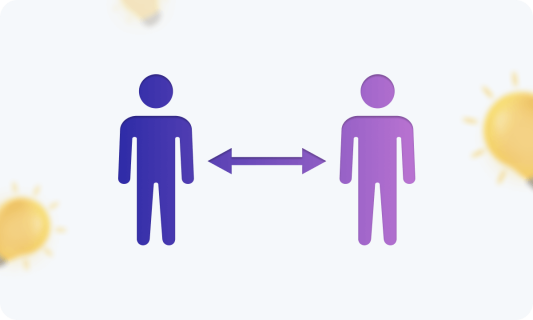
Social Isolation
For many facing problem gambling, there’s a tendency to withdraw from social interactions to hide the issue. The fear of judgment or disappointment from others can lead to isolation, cutting off support systems and making it even harder to seek help. This loneliness can intensify feelings of depression and anxiety, trapping people further in the cycle of addiction.
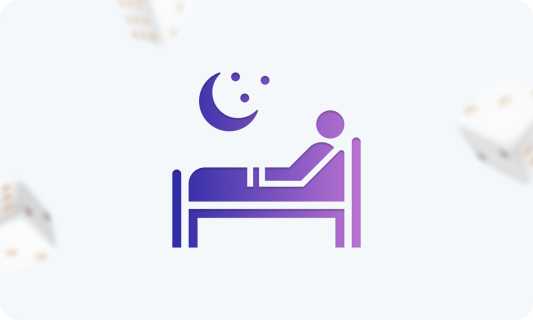
Physical Health Risks
The stress and worry associated with problem gambling can also manifest physically. High blood pressure, sleep problems, headaches, and other stress-related issues are common for those dealing with gambling addiction. Over time, the physical impacts can worsen, affecting overall health and quality of life.
Finding the Path to Recovery
Overcoming gambling addiction can be challenging, but with comprehensive treatment and support, recovery is achievable. Here’s a look at the different components of effective gambling addiction treatment.
✅ Therapy and Counseling
One of the most effective approaches to treating gambling addiction is Cognitive Behavioral Therapy (CBT). CBT helps individuals identify and change the thought patterns and behaviors that fuel their gambling habits. By learning healthier coping strategies, individuals gain tools to manage triggers like stress, boredom, or financial strain without resorting to gambling. Therapy also builds resilience, empowering individuals to resist the urge to gamble and develop new, constructive ways to deal with life’s challenges.
✅ Support Groups and Community
Support groups like Gamblers Anonymous (GA) connect individuals with others who understand the struggle of gambling addiction. These groups offer a sense of community, shared experiences, and accountability, which can be incredibly valuable during recovery. GA and similar groups often follow a structured 12-step approach, providing clear guidance, peer support, and a roadmap to help participants move forward.
✅ Inpatient Treatment Programs
For those needing more intensive care, inpatient treatment centers offer structured, immersive programs that combine counseling, therapy, and round-the-clock support. These centers provide a safe, controlled environment where individuals can focus solely on their recovery. Inpatient programs are particularly helpful for those with severe addiction or co-occurring disorders, offering a tailored approach with consistent supervision.
✅ Medication and Mental Health Support
In cases where gambling addiction is tied to mental health issues like depression or anxiety, medication can be part of the treatment plan. Certain medications may help regulate brain chemistry, reducing urges to gamble and stabilizing mood. Working with mental health professionals, individuals can address co-occurring disorders, which can improve overall well-being and support lasting recovery.
✅ Financial Counseling and Management
Financial counseling is an essential part of recovering from gambling addiction. Many treatment programs offer financial education to help individuals rebuild their financial health, set achievable goals, and establish healthy money management habits without relying on gambling. Financial counseling provides the skills to regain financial control, reduce debt, and work toward a stable future.
✅ Family and Relationship Support
A strong support system is crucial to recovery, and involving family and friends can make a significant difference. Many treatment programs include family counseling to rebuild trust, encourage open communication, and heal relationships affected by gambling behaviors. This component of treatment helps loved ones understand the addiction and supports the individual’s journey toward a healthier, addiction-free life.
✅ A Holistic, Individualized Approach
Recovery from gambling addiction is unique to each person, and there’s no one-size-fits-all solution. Effective treatment combines therapy, community support, lifestyle changes, and financial guidance, providing a comprehensive approach that fosters lasting recovery. With the right support, individuals can regain control, rebuild their lives, and enjoy a fulfilling future beyond gambling.
How to Help a Loved One Overcome Gambling Addiction
Supporting someone through gambling addiction is challenging, but knowing how to approach it can make a big difference without overwhelming yourself. Here’s a step-by-step guide to help them find their way out, while keeping your own well-being intact.
Step 1: Prioritize Yourself First 🛡️
Supporting someone with a gambling problem can take a toll, so make sure to protect yourself emotionally and financially. Don’t let guilt or blame take over—it’s not your fault. Setting boundaries for yourself is key to avoiding burnout and staying strong in your support.
Step 2: Get Your Own Support Network 🤝
It’s easy to feel isolated dealing with a loved one’s addiction, and trying to do it alone can be overwhelming. Reach out to friends, family, or support groups to remind yourself that many others have faced this struggle. You don’t have to go through it solo.
Step 3: Start an Open, Honest Conversation 💬
Approach your loved one with empathy and understanding, opening up a conversation about how gambling is affecting them and the people around them. Let them know you’re there to support, not judge, and that you’re ready to walk this journey with them.
Step 4: Encourage Professional Help 👩⚕️
Suggest they connect with a counselor or join a support group. Professionals can offer coping tools, strategies, and support that will make a big difference in their journey to recovery.
Step 5: Take Charge of Finances (Within Limits) 💳
If they’re willing, help them set up financial safeguards, like handling family finances or setting spending limits. But remember, it’s not about micromanaging their decisions. Make sure your own finances are protected first.
Step 6: Be Firm with Money Requests 💰
Problem gamblers are often skilled at convincing others to lend money, but it’s essential not to enable their addiction. Set clear boundaries and practice saying no to keep both of you on the path to recovery.
Step 7: Set Up Gambling Blocks 🚫
Help them install website or app blockers to reduce access to gambling sites. These practical steps help create a safe space while they work on recovery.
Step 8: Build a Positive Support Circle 🤗
Encourage them to lean on friends or family who can check in and offer positive reinforcement. Having a network keeps them motivated and helps them stay accountable.
Step 9: Celebrate Small Wins 🎉
Whether it’s one day without gambling or attending a support group, celebrate every bit of progress. Recognizing these victories builds confidence and reminds them they’re capable of change.
Suicide Prevention in Problem Gamblers
Problem gambling can lead to intense feelings of shame, guilt, and despair, especially when the consequences become too much to bear. These emotions can sometimes lead to thoughts of suicide, and timely support can make a significant difference.
Here’s what you can do:
Recognize the Warning Signs: Look out for signs of extreme hopelessness, withdrawal, or talk of self-harm.
Reach Out for Immediate Help: In the U.S., call the National Suicide Prevention Lifeline at 1-800-273-8255.
Find Local Support Globally: For those outside the U.S., visit Befrienders Worldwide to connect with suicide prevention helplines by country.
Acting quickly and compassionately can help protect the mental well-being of someone facing these challenges.
What Not to Do When Supporting a Partner with a Gambling Problem
Supporting a loved one through a gambling issue isn’t easy, and some actions, even if well-intentioned, can make things harder. Here are key “don’ts” to keep in mind:
Don’t Lose Your Cool: Avoid yelling, lecturing, or giving ultimatums you can’t stick to—these usually push them further away instead of helping.
Don’t Only See the Problem: Remember the good qualities your partner has. Focusing only on the gambling can make both of you feel hopeless.
Don’t Isolate Them: Encourage them to stay involved in family activities. Being part of family life can provide stability and connection.
Don’t Expect Instant Change: Recovery isn’t a quick fix. Even if they stop gambling, other challenges might surface, so go easy on the expectations.
Don’t Bail Them Out: Covering their debts or handing over money often enables the habit. Let them face the consequences and work toward real responsibility.
Don’t Hide the Issue: Pretending there’s no problem, or covering it up to others, only delays progress. Facing the issue head-on is the first step to real change.
Extensive Resources for Gambling Addiction Support
If you or someone you know is facing gambling addiction, there are numerous organizations and tools available to offer support, guidance, and resources. Each of these programs is designed to address different aspects of addiction, from counseling and financial management to peer support and recovery education.
Global
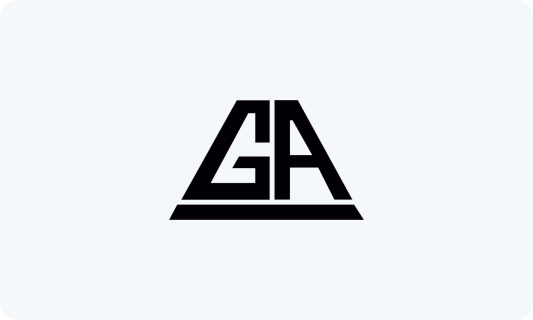
Gamblers Anonymous (GA)
Gamblers Anonymous (GA) is a global support network that started in 1957. Based on the 12-step program, GA offers confidential meetings where individuals can share their experiences and support one another on the path to recovery. It’s a safe space for people who want to stop gambling, with both in-person and online meetings available worldwide.
-
Website: gamblersanonymous.org
-
Programs: GA offers programs for families through Gam-Anon and Gam-A-Teen, helping family members and teens who are impacted by a loved one’s gambling.
USA
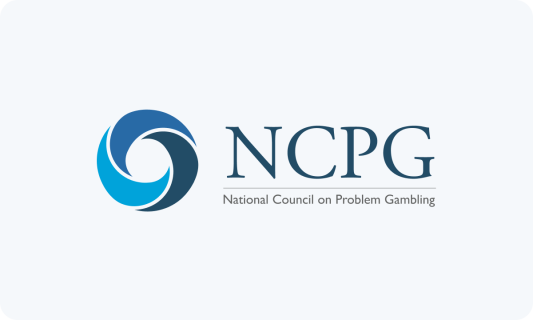
National Council on Problem Gambling (NCPG)
The National Council on Problem Gambling (NCPG) is an independent organization dedicated to advocating for problem gamblers and their families. Founded in 1972, it provides resources, education, and connections to professional counseling, helping people navigate the challenges of gambling addiction.
-
Website: ncpgambling.org
-
Helpline: 1-800-522-4700 – This 24/7 national helpline offers crisis counseling and links callers to local resources for support.
-
Programs: NCPG promotes public awareness and has initiatives like Problem Gambling Awareness Month, offering educational resources and community events across the U.S.

National Problem Gambling Helpline Network
The National Problem Gambling Helpline Network is a free, confidential hotline available across the U.S. This service connects individuals to resources like counselors, treatment centers, and support groups nearby, helping them get the help they need at any time of day.
-
Phone: 1-800-522-4700 (Available 24/7)
-
Purpose: This network provides immediate assistance and links callers with services tailored to their needs, including financial counseling, therapy options, and local support groups.
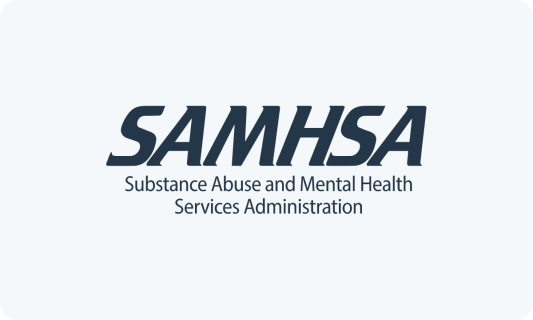
Substance Abuse and Mental Health Services Administration (SAMHSA)
SAMHSA is a public health agency that offers resources for people dealing with mental health issues, including gambling addiction. SAMHSA’s helpline provides 24/7 access to crisis support and connects callers with treatment programs across the United States.
-
Website: samhsa.gov
-
Helpline: 1-800-662-HELP (4357) – Available 24/7, with services in English and Spanish.
-
Resources: SAMHSA offers an online treatment locator to help individuals find nearby services, including specialized programs for gambling addiction.
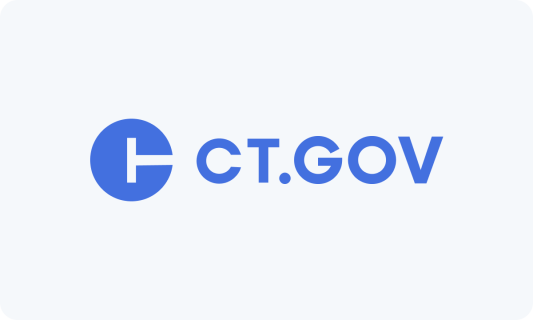
Bettor Choice Programs (Connecticut)
Connecticut’s Bettor Choice Programs provide gambling-specific treatment options, including therapy, family support, and financial counseling. This state-supported initiative is available to residents and has multiple centers across Connecticut.
-
Eligibility: Open to Connecticut residents, with treatment programs focusing on the unique needs of gambling addiction recovery.
United Kingdom
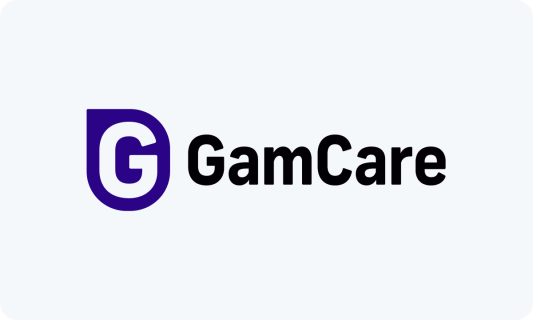
GamCare (UK)
GamCare is the UK’s leading charity for people facing gambling addiction. It offers non-judgmental counseling, a 24-hour helpline, live chat support, and in-person therapy. GamCare also provides educational resources and self-help tools that focus on promoting responsible gambling.
-
Website: gamcare.org.uk
-
Helpline: 0808 8020 133 (UK residents only) – This line operates around the clock, providing free, confidential support.
-
Services: GamCare provides both virtual and in-person counseling, as well as a program for gambling businesses to encourage safer gambling practices.
Canada
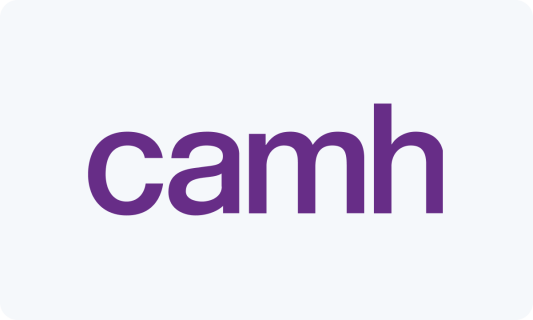
Centre for Addiction and Mental Health (CAMH)
CAMH is one of Canada’s leading mental health and addiction research facilities, offering extensive resources for those with gambling addiction. CAMH provides both inpatient and outpatient services, including counseling, support groups, and educational resources.
-
Website: camh.ca
-
Helpline: CAMH does not operate a helpline directly but collaborates with ConnexOntario to connect individuals to resources.
-
Additional Services: Offers research-backed treatment, therapy, and prevention programs. CAMH also provides online resources and self-help guides for managing gambling urges and developing healthier habits.
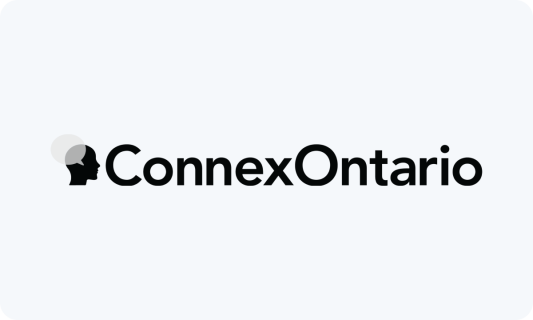
ConnexOntario
ConnexOntario is a government-funded organization providing free, confidential mental health, addiction, and problem gambling services across Ontario. It includes a 24/7 helpline and live chat support, directing individuals to local programs and treatment centers.
-
Website: connexontario.ca
-
Phone: 1-866-531-2600 (Available 24/7)
-
Live Chat: ConnexOntario also offers an online chat service for immediate assistance, connecting people with local counselors and treatment options tailored to gambling addiction.
New Zealand
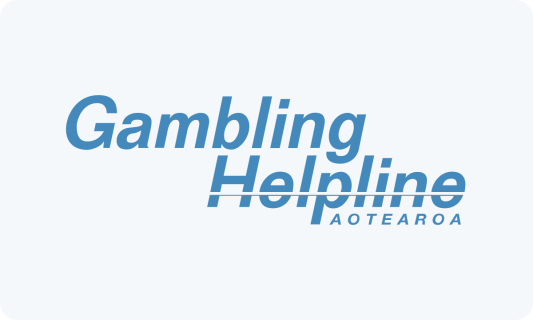
Gambling Helpline New Zealand
Gambling Helpline New Zealand is a free service offering 24/7 support to individuals and families affected by gambling. The helpline is part of the National Telehealth Service and includes phone counseling, live chat, and online resources.
-
Website: gamblinghelpline.co.nz
-
Phone: 0800 654 655 (Available 24/7)
-
Text Support: Individuals can also text 8006 for support. The service provides free, confidential counseling and referrals to in-person treatment services throughout New Zealand.
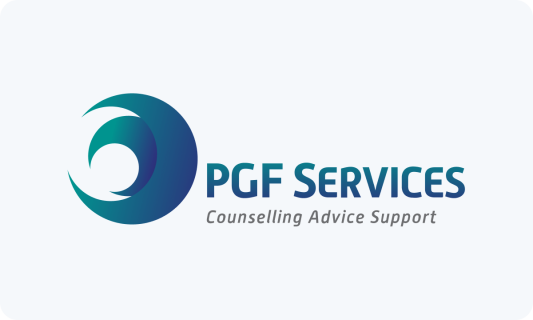
Problem Gambling Foundation of New Zealand (PGF)
PGF is one of New Zealand’s largest organizations dedicated to helping those affected by gambling harm. PGF provides counseling, educational programs, and community outreach services aimed at prevention and recovery.
-
Website: pgfnz.org.nz
-
Helpline: PGF works closely with Gambling Helpline NZ and offers further support through its website and in-person locations.
-
Community Services: PGF offers training workshops, school programs, and other community-based initiatives focused on raising awareness and preventing gambling harm.
Australia
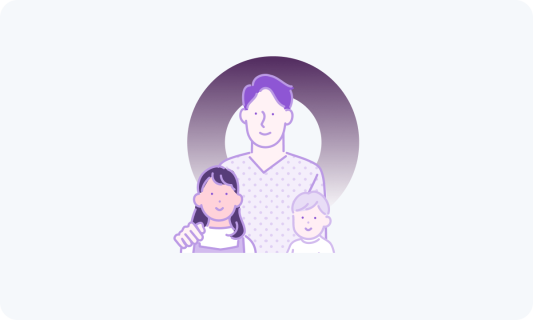
Gambling Help Online - Australia
Gambling Help Online is Australia’s national online support service for people affected by problem gambling. It provides free, confidential support, including online chat counseling, email assistance, and a wealth of self-help resources.
-
Website: gamblinghelponline.org.au
-
Chat and Email Support: Available 24/7, providing immediate assistance from trained counselors.
-
Self-Help Tools: Includes online programs, self-assessment tools, and guides for managing urges and developing strategies for financial recovery.
Other Gambling-Related Resources to Help
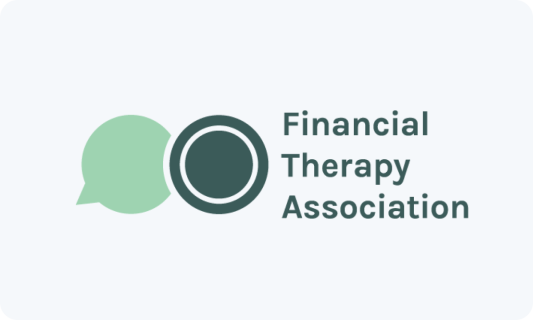
Financial Therapy Association (FTA)
For those struggling with gambling-related debt, the Financial Therapy Association connects people with financial therapists who specialize in helping individuals manage financial stress and recover from financial hardship.
-
Website: financialtherapyassociation.org
-
Find a Therapist: Use the FTA’s directory to locate financial therapists trained to work with individuals facing debt and financial issues related to gambling.

Debtors Anonymous (DA)
Debtors Anonymous (DA) is a support group for those with debt issues, including people who have accrued debt from gambling. DA meetings are open to anyone struggling with compulsive spending or debt and offer a 12-step program to regain financial control.
-
Website: debtorsanonymous.org
-
Meetings: Offers online and in-person meetings focused on debt management, budgeting, and financial accountability.
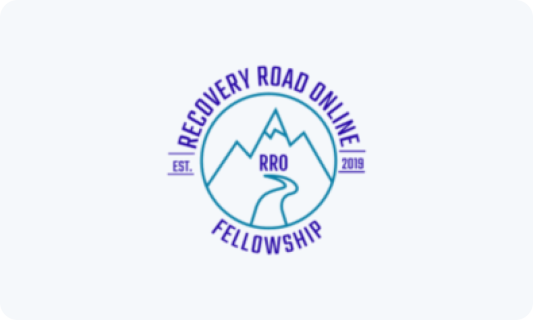
Recovery Road Online Forum
Recovery Road is an online community providing support for people recovering from gambling addiction. The platform includes forums, recovery tips, and virtual meetings, making it accessible to anyone looking for support outside of formal settings.
-
Website: recoveryroadonline.com
-
Features: Discussion forums, virtual meetings, and a supportive online community focused on sharing experiences and recovery insights.
Additional Gambling Addiction Support Resources Around the World
Germany 🇩🇪
Bundeszentrale für gesundheitliche Aufklärung (BZgA) – Gambling Addiction Services
Website: bzga.de
Helpline: 0800 137 27 00 (Mon–Thu 10:00–22:00, Fri–Sun 10:00–18:00)
Services: Information, referrals, and counseling services available in various regions to support those facing gambling addiction.
France 🇫🇷
SOS Joueurs
Website: sosjoueurs.org
Helpline: 09 74 75 13 13
Services: Free psychological support, financial counseling, and helplines for individuals and families affected by gambling issues.
Italy 🇮🇹
Federazione Italiana degli Operatori dei Dipartimenti e dei Servizi delle Dipendenze (FEDERSerD)
Website: federserd.it
Helpline: +39 800 921 121
Services: Counseling, resources, and treatment services for those struggling with gambling addiction across Italy.
Sweden 🇸🇪
Stödlinjen
Website: stodlinjen.se
Helpline: 020-81 91 00 (Mon–Thu, 8:00–21:00; Fri, 8:00–18:00)
Services: Free and confidential support, online chat, and resources for those affected by problem gambling.
Norway 🇳🇴
Hjelpelinjen for Spilleavhengige (Helpline for Gambling Addiction)
Website: hjelpelinjen.no
Helpline: 800 800 40 (Mon–Fri, 9:00–21:00)
Services: Phone counseling, information on gambling addiction, and resources to support both individuals and families in Norway.
Denmark 🇩🇰
LudomaniLinjen (Gambling Addiction Helpline)
Website: ludomani.dk
Helpline: 70 22 28 25
Services: Helpline counseling, support for problem gamblers, and advice for families and friends of those affected.
Netherlands 🇳🇱
Kansspelautoriteit (Netherlands Gambling Authority)
Website: kansspelautoriteit.nl
Helpline: Various resources and contact options are available through regional counseling services.
Services: Provides guidance on gambling addiction, regulatory support, and links to treatment options across the Netherlands.
Spain 🇪🇸
Federación Española de Jugadores de Azar Rehabilitados (FEJAR)
Website: fejar.org
Helpline: 900 200 225
Services: Offers support groups, rehabilitation programs, and family counseling for individuals affected by gambling addiction in Spain.
Portugal 🇵🇹
Serviço de Intervenção nos Comportamentos Aditivos e nas Dependências (SICAD)
Website: sicad.pt
Helpline: +351 808 209 209
Services: Provides counseling, online resources, and treatment programs for gambling addiction throughout Portugal.
Hong Kong 🇭🇰
Caritas Addicted Gamblers Counselling Centre
Website: caritas.org.hk
Helpline: +852 1834 633
Services: Professional counseling, helplines, and family support for individuals affected by gambling in Hong Kong.
Japan 🇯🇵
Recovery Support Network (RSN)
Website: rsn-sakura.jp
Helpline: 0120-683-705 (Mon–Fri, 10:00–16:00)
Services: Telephone counseling, support groups, and resources for individuals and families dealing with gambling addiction.
Singapore 🇸🇬
National Problem Gambling Helpline
Website: ncpg.org.sg
Helpline: 1800-6-668-668
Services: Confidential helpline, public awareness campaigns, counseling, and support resources for individuals and families.
South Africa 🇿🇦
South African Responsible Gambling Foundation (SARGF)
Website: responsiblegambling.org.za
Helpline: 0800 006 008 (24/7 support line)
Services: Helpline counseling, treatment referrals, and educational resources to prevent and treat gambling problems.
⚠️IMPORTANT INFORMATION⚠️:
We’re here to support responsible gambling with helpful tips and resources, but remember, our advice is no replacement for professional help. If you or someone you know is facing gambling issues, consider reaching out to a counselor or one of the trusted organizations listed here for expert guidance.


